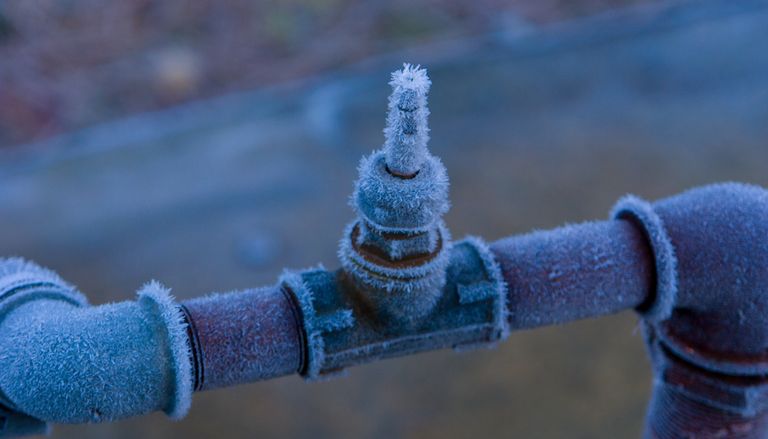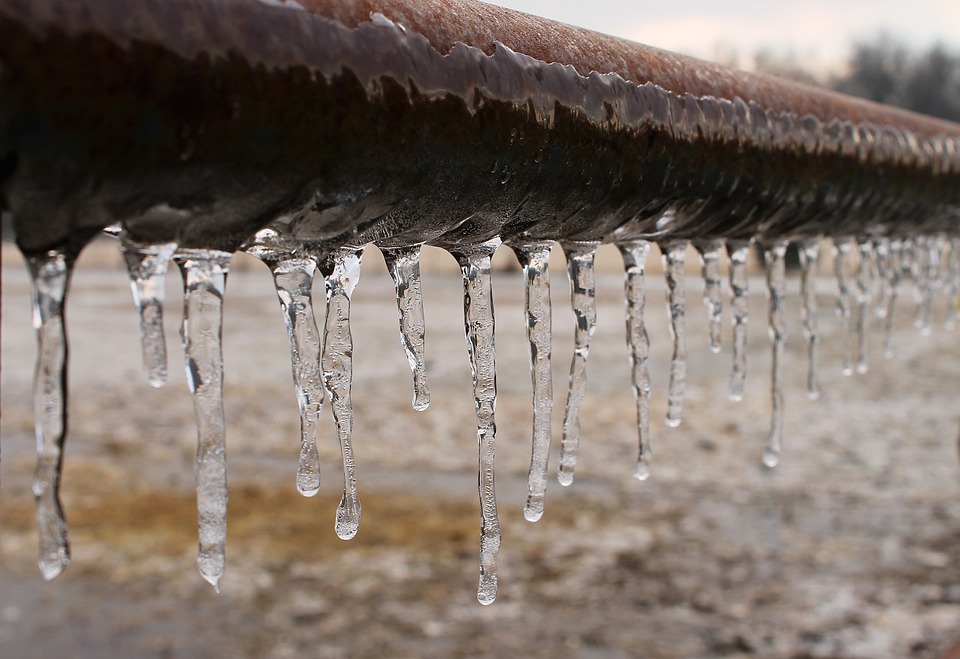Crucial Tips for Preventing Frozen Pipes in Winter Seasons
Crucial Tips for Preventing Frozen Pipes in Winter Seasons
Blog Article
Just about everyone maintains their own unique perception when it comes to How To Avoid Freezing Pipes.

Winter can wreak havoc on your plumbing, specifically by freezing pipes. Right here's exactly how to stop it from happening and what to do if it does.
Introduction
As temperature levels decrease, the risk of icy pipes boosts, potentially resulting in pricey repair work and water damage. Understanding how to stop icy pipelines is crucial for homeowners in cool climates.
Avoidance Tips
Protecting vulnerable pipelines
Wrap pipelines in insulation sleeves or use warm tape to secure them from freezing temperatures. Focus on pipelines in unheated or exterior areas of the home.
Heating strategies
Maintain interior areas appropriately warmed, particularly areas with plumbing. Open cabinet doors to permit warm air to circulate around pipes under sinks.
Exactly how to identify frozen pipes
Seek lowered water flow from taps, uncommon smells or sounds from pipes, and noticeable frost on revealed pipes.
Long-Term Solutions
Structural modifications
Think about rerouting pipes far from exterior walls or unheated locations. Add extra insulation to attic rooms, basements, and crawl spaces.
Updating insulation
Invest in high-grade insulation for pipes, attics, and walls. Correct insulation assists maintain consistent temperature levels and minimizes the risk of frozen pipes.
Shielding Outside Plumbing
Garden hoses and outdoor faucets
Disconnect and drain garden hose pipes prior to winter. Install frost-proof faucets or cover exterior taps with insulated caps.
Understanding Frozen Pipelines
What causes pipes to freeze?
Pipes ice up when subjected to temperature levels below 32 ° F (0 ° C) for prolonged periods. As water inside the pipelines freezes, it expands, putting pressure on the pipeline wall surfaces and potentially triggering them to rupture.
Dangers and damages
Frozen pipelines can bring about water disruptions, home damage, and expensive repairs. Ruptured pipelines can flooding homes and cause substantial structural damages.
Indicators of Frozen Piping
Identifying icy pipelines early can prevent them from breaking.
What to Do If Your Pipes Freeze
Immediate activities to take
If you believe frozen pipelines, maintain faucets open to eliminate pressure as the ice melts. Utilize a hairdryer or towels soaked in hot water to thaw pipelines gradually.
Verdict
Avoiding frozen pipes needs positive steps and fast actions. By comprehending the reasons, signs, and preventive measures, homeowners can shield their pipes throughout cold weather.
Helpful Tips to Prevent Frozen Pipes this Winter
UNDERSTANDING THE BASICS: WHY PIPES FREEZE AND WHY IT’S A PROBLEM
Water freezing inside pipes is common during the winter months, but understanding why pipes freeze, and the potential problems it can cause is crucial in preventing such incidents. This section will delve into the basics of why pipes freeze and the associated problems that may arise.
THE SCIENCE BEHIND FROZEN PIPES
When water reaches freezing temperatures, it undergoes a physical transformation and solidifies into ice. This expansion of water as it freezes is the primary reason pipes can burst. As the water inside the pipe freezes, it expands, creating immense pressure on the walls. If the pressure becomes too great, the pipe can crack or rupture, leading to leaks and water damage.
FACTORS THAT CONTRIBUTE TO PIPE FREEZING
Low Temperatures: Extremely cold weather, especially below freezing, increases the risk of pipes freezing. Uninsulated or Poorly Insulated Pipes: Pipes located in unheated areas, such as basements, crawl spaces, or attics, are more prone to freezing. Insufficient insulation or lack of insulation altogether exacerbates the problem. Exterior Wall Exposure: Pipes running along exterior walls are susceptible to freezing as they encounter colder temperatures outside. Lack of Heating or Temperature Regulation: Inadequate heating or inconsistent temperature control in your home can contribute to frozen pipes. PROBLEMS CAUSED BY FROZEN PIPES
- Pipe Bursting: As mentioned earlier, the expansion of water as it freezes can cause pipes to burst, resulting in significant water damage.
- Water Damage: When pipes burst, it can lead to flooding and water damage to your property, including walls, ceilings, flooring, and personal belongings.
- Structural Damage: Prolonged exposure to water from burst pipes can compromise the structural integrity of your home, leading to costly repairs.
- Mold and Mildew Growth: Excess moisture from water damage can create a favorable environment for mold and mildew growth, posing health risks to occupants.
- Disrupted Water Supply: Frozen pipes can also result in a complete or partial loss of water supply until the issue is resolved.
WHY CERTAIN PIPES ARE MORE PRONE TO FREEZING
- Location: Pipes located in unheated or poorly insulated areas, such as basements, crawl spaces, attics, or exterior walls, are at higher risk of freezing.
- Exterior Pipes: Outdoor pipes, such as those used for irrigation or exposed plumbing, are particularly vulnerable to freezing as they are directly exposed to the elements.
- Supply Lines: Pipes that carry water from the main water supply into your home, including the main water line, are critical to protect as freezing in these lines can affect your entire plumbing system.
- Underground Pipes: Pipes buried underground, such as those connected to sprinkler systems or outdoor faucets, can be susceptible to freezing if not properly insulated.
https://busybusy.com/blog/helpful-tips-to-prevent-frozen-pipes-this-winter/

I ran across that piece about How to prepare your home plumbing for winter weather when doing a search on the internet. Those who appreciated our blog posting if you please remember to share it. I treasure reading our article about 6 Ways to Prevent Frozen Pipes.
Find Out More Report this page